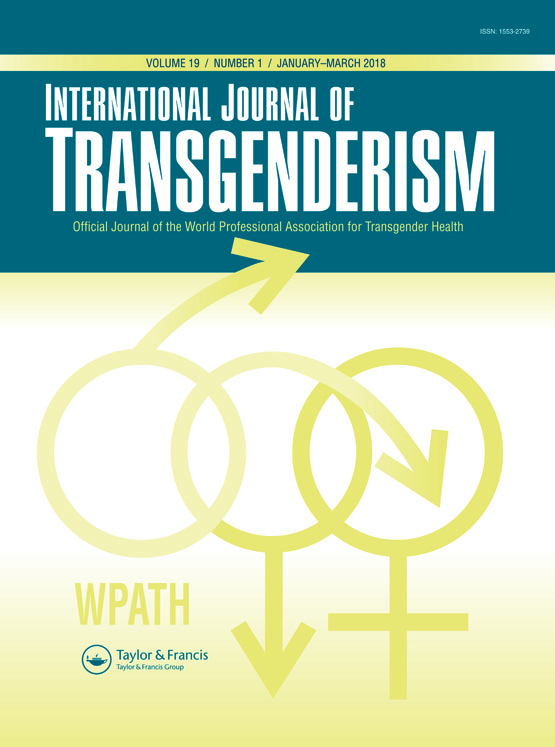Digging Beneath the Surface: Results From Stage One of a Qualitative Analysis of Factors Influencing the Well-Being of Trans Youth in Quebec
Background: The literature on trans youth has been dominated by etiological studies interested in trans experience as a medical phenomenon. An emerging body of literature has begun to document that trans youth are a diverse, vulnerable, yet resilient population, and to investigate the role of various sites of support such as the family, peer groups, institutions, and community spaces in contributing to or impeding trans youth’s well-being.
Method: This article presents the results of Stage One of interviews (n = 24) conducted for a Community-Based Participatory Action Research (CBPAR) qualitative research project based in Quebec. It studies the factors that enhance trans youth’s well-being as well as the factors of oppression that negatively affect it. This paper offers a brief overview of the anti-oppressive methodology used for this project, emphasizing how CBPAR was combined with Grounded Theory (GT) methods to encourage the direct involvement of communities and the translation of knowledge into action.
Results: We present preliminary categories emerging through the ongoing axial coding process. These categories address trans youth’s experiences in and perceptions of various “sites”: 1) healthcare services both for gender-related and general care, 2) other institutional spaces, 3) the family and other social circles, and 4) community spaces.
Conclusion: While much of this study’s results support existing evidence on trans youth’s experiences, they also provide a more nuanced portrayal of the complex ways in which recognition, as well as non-, mis-, or mal-recognition, influence trans youth’s well-being at different sites. We also argue that recognition itself must be considered through the lens of intersectionality.

